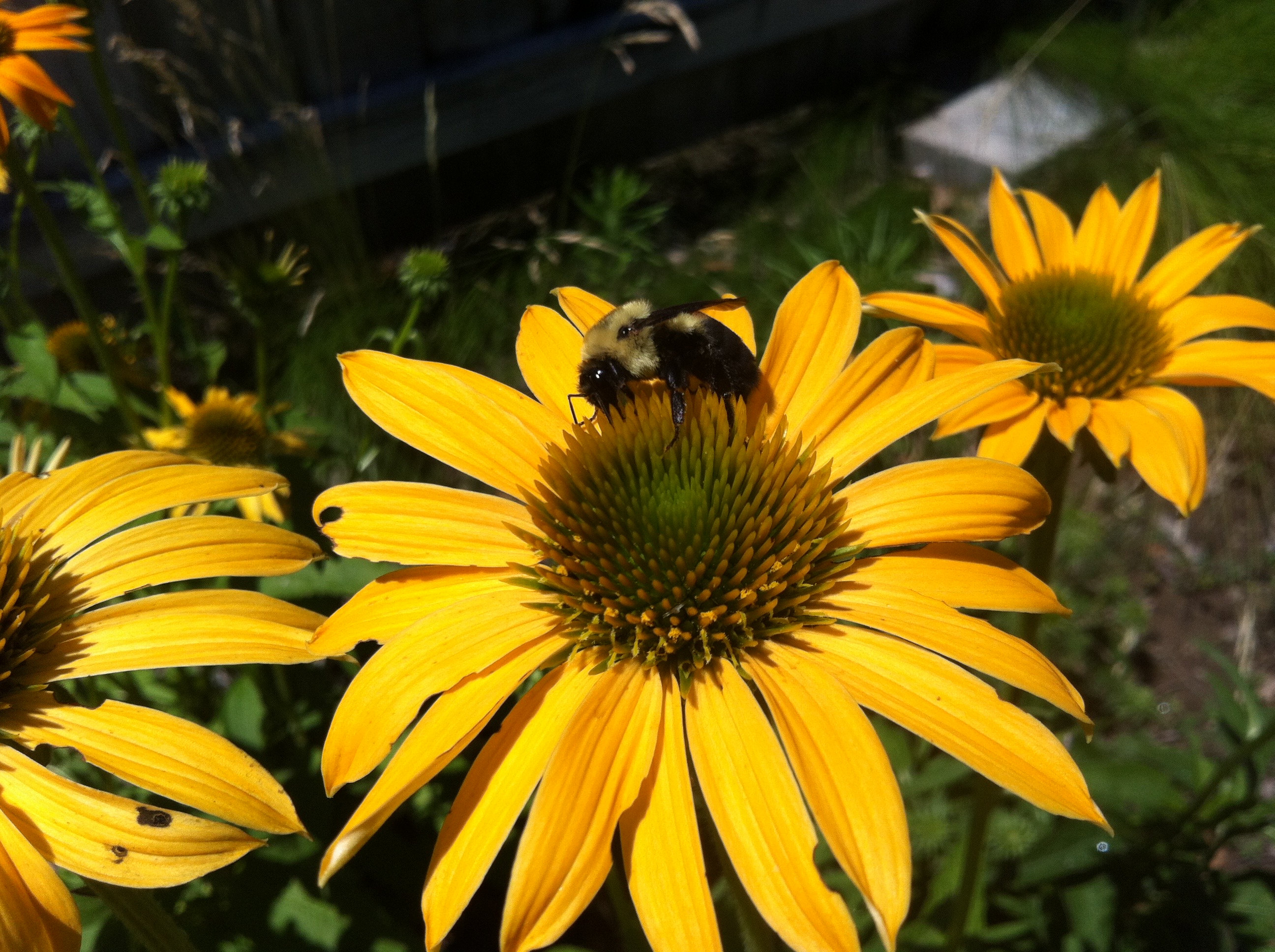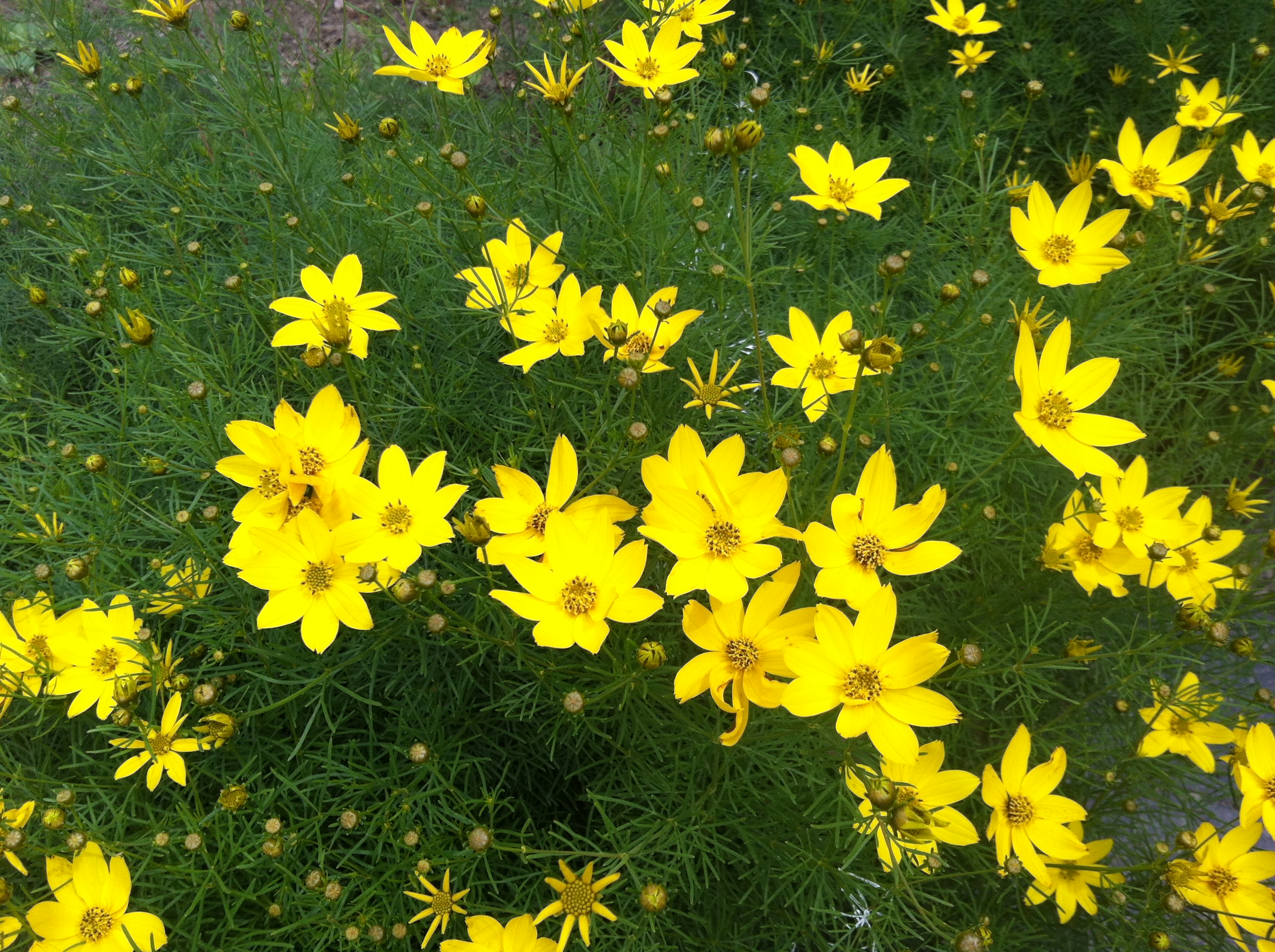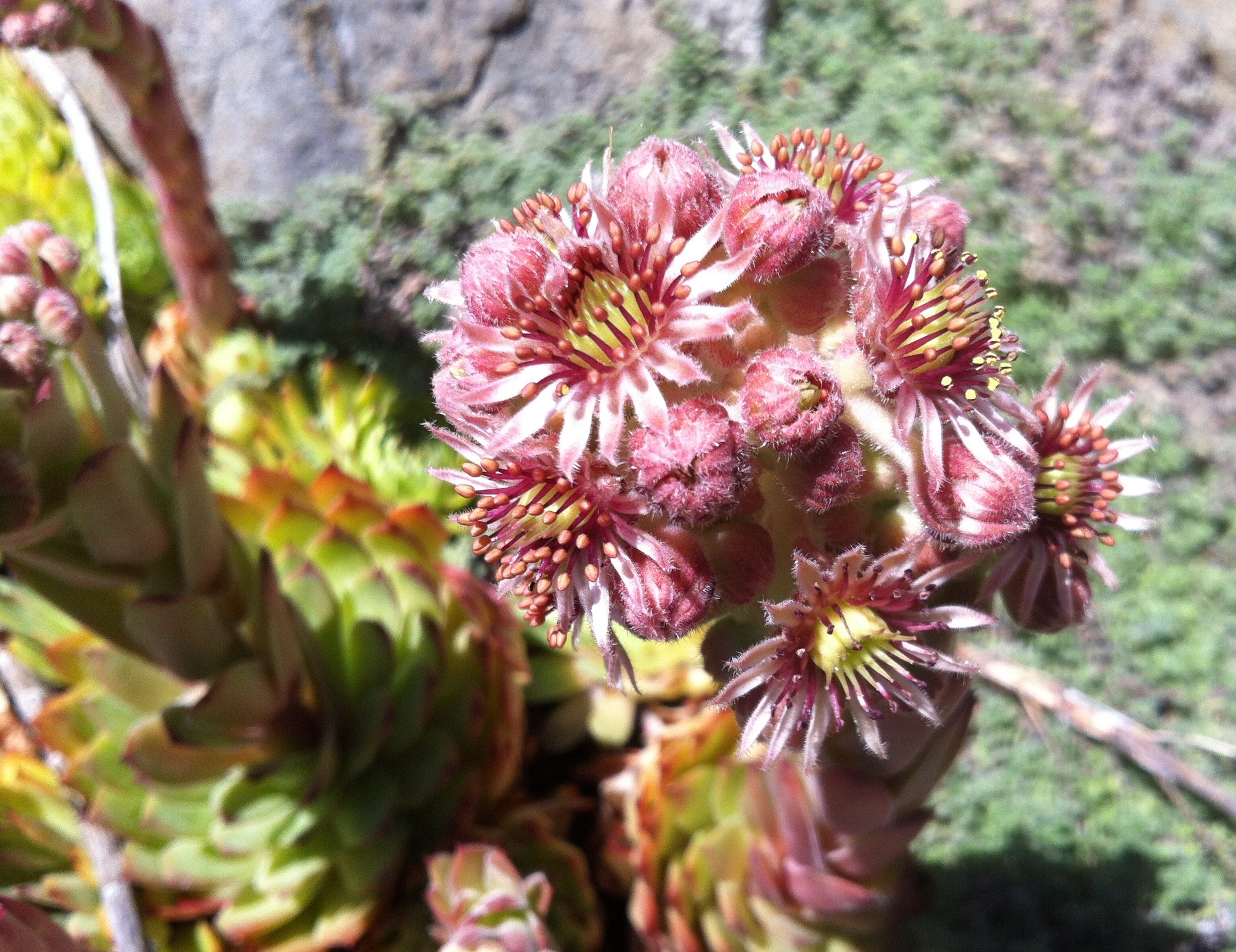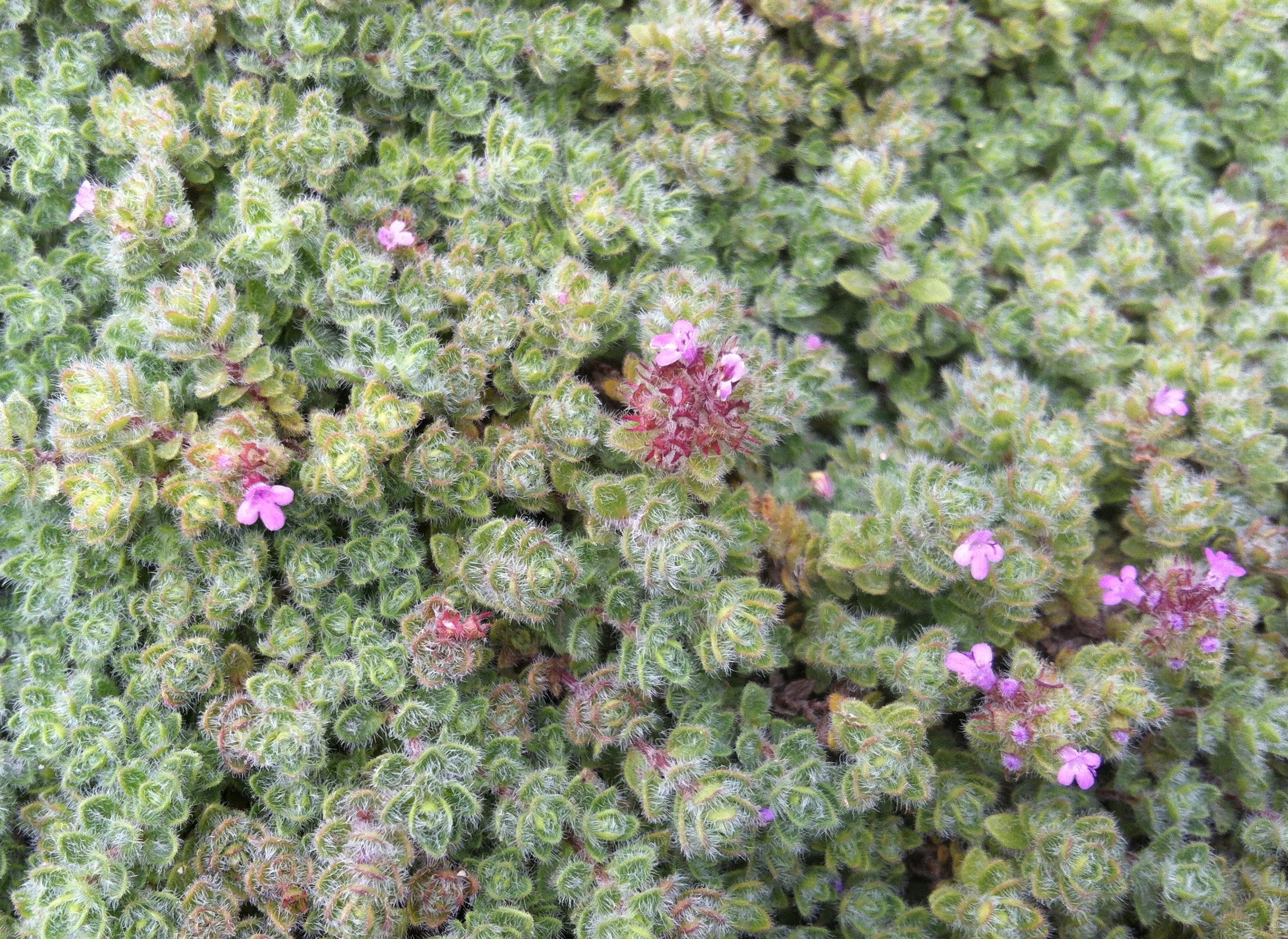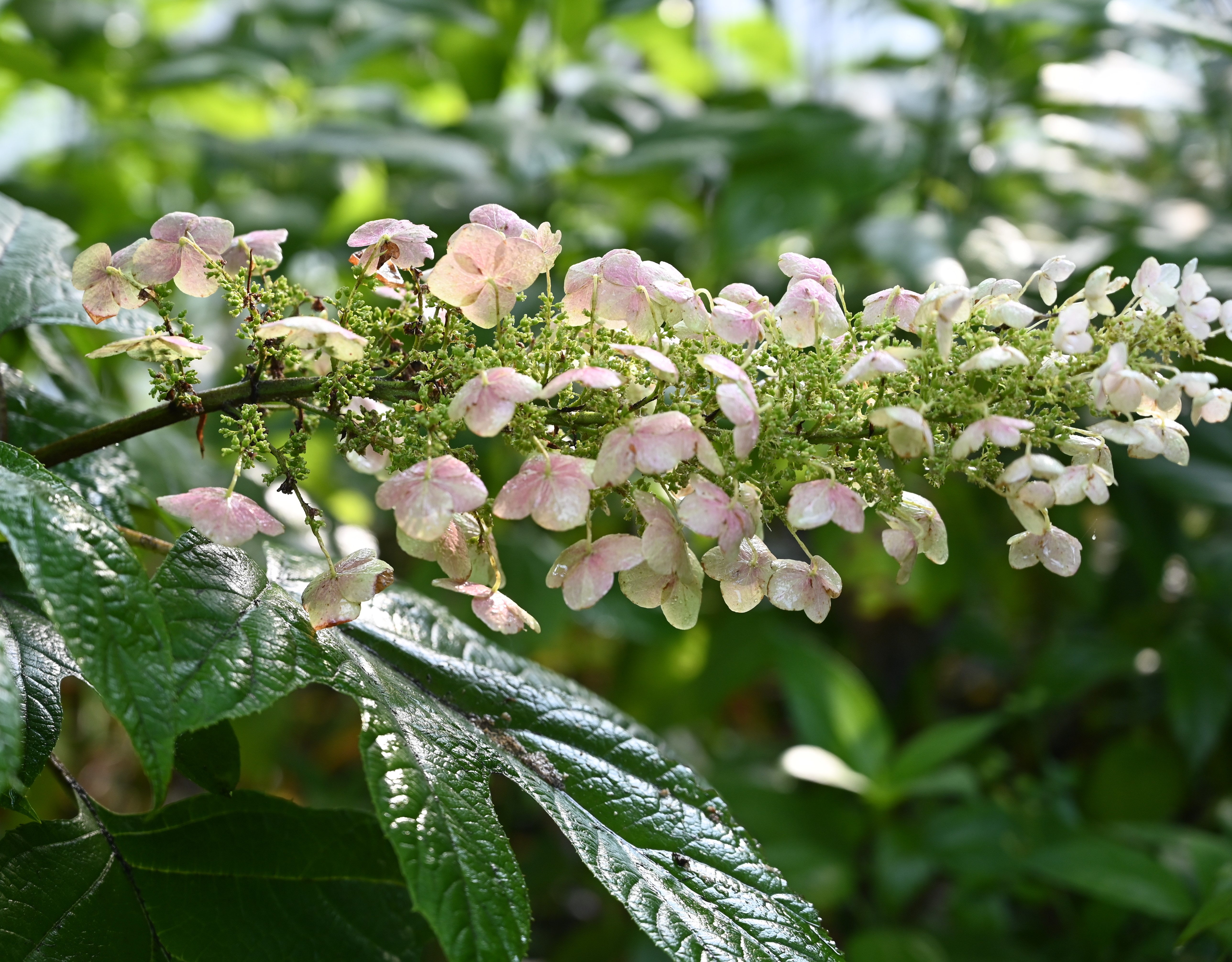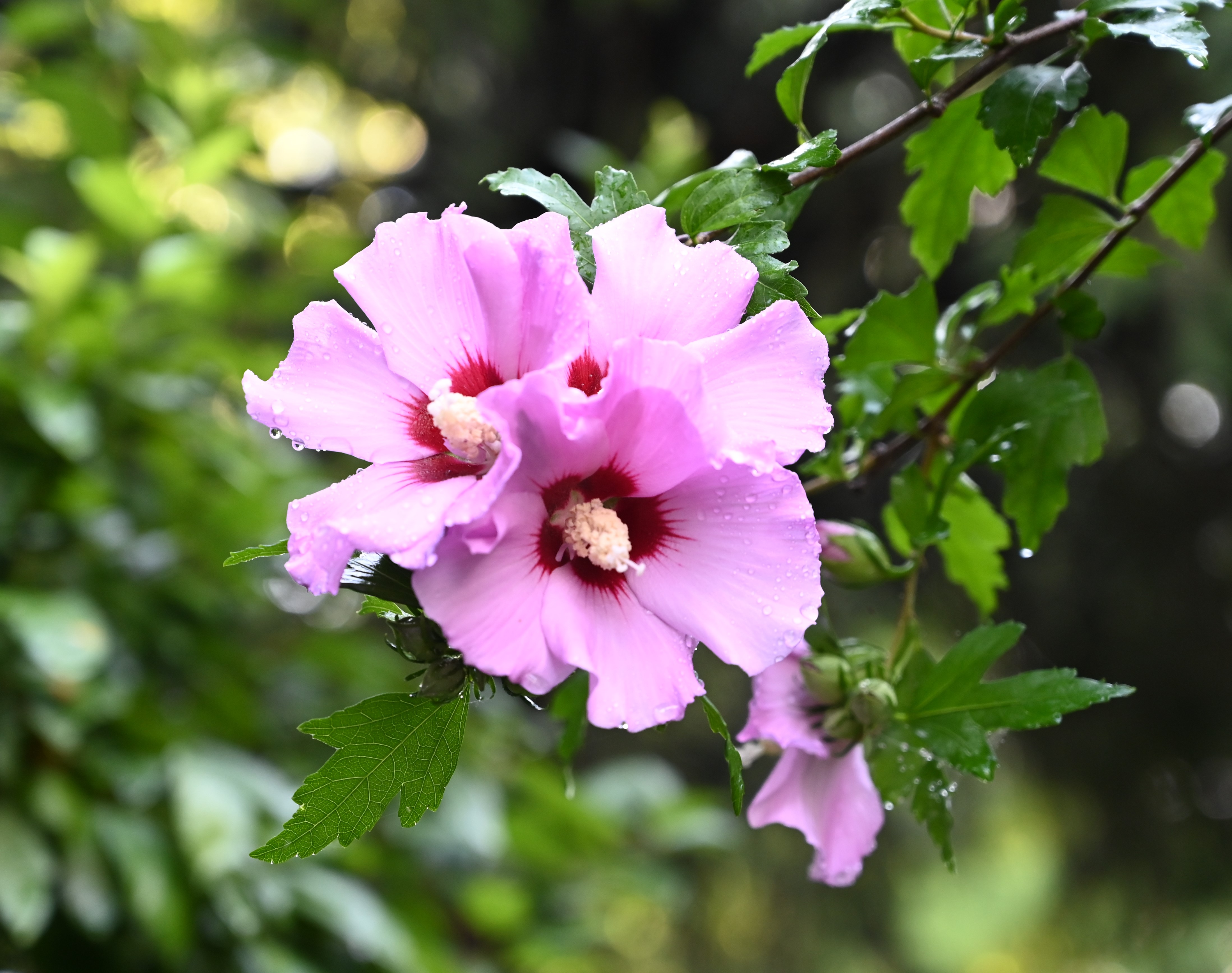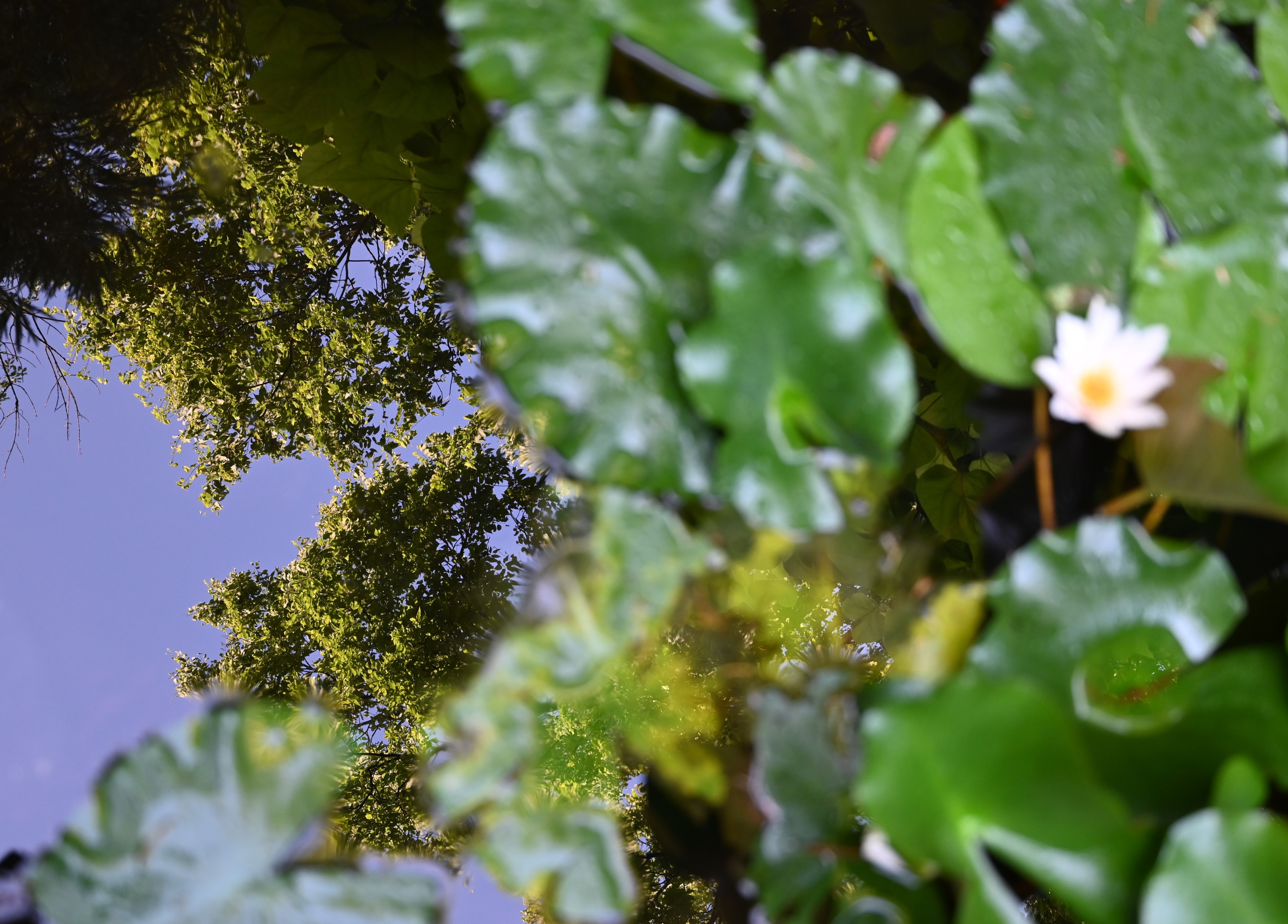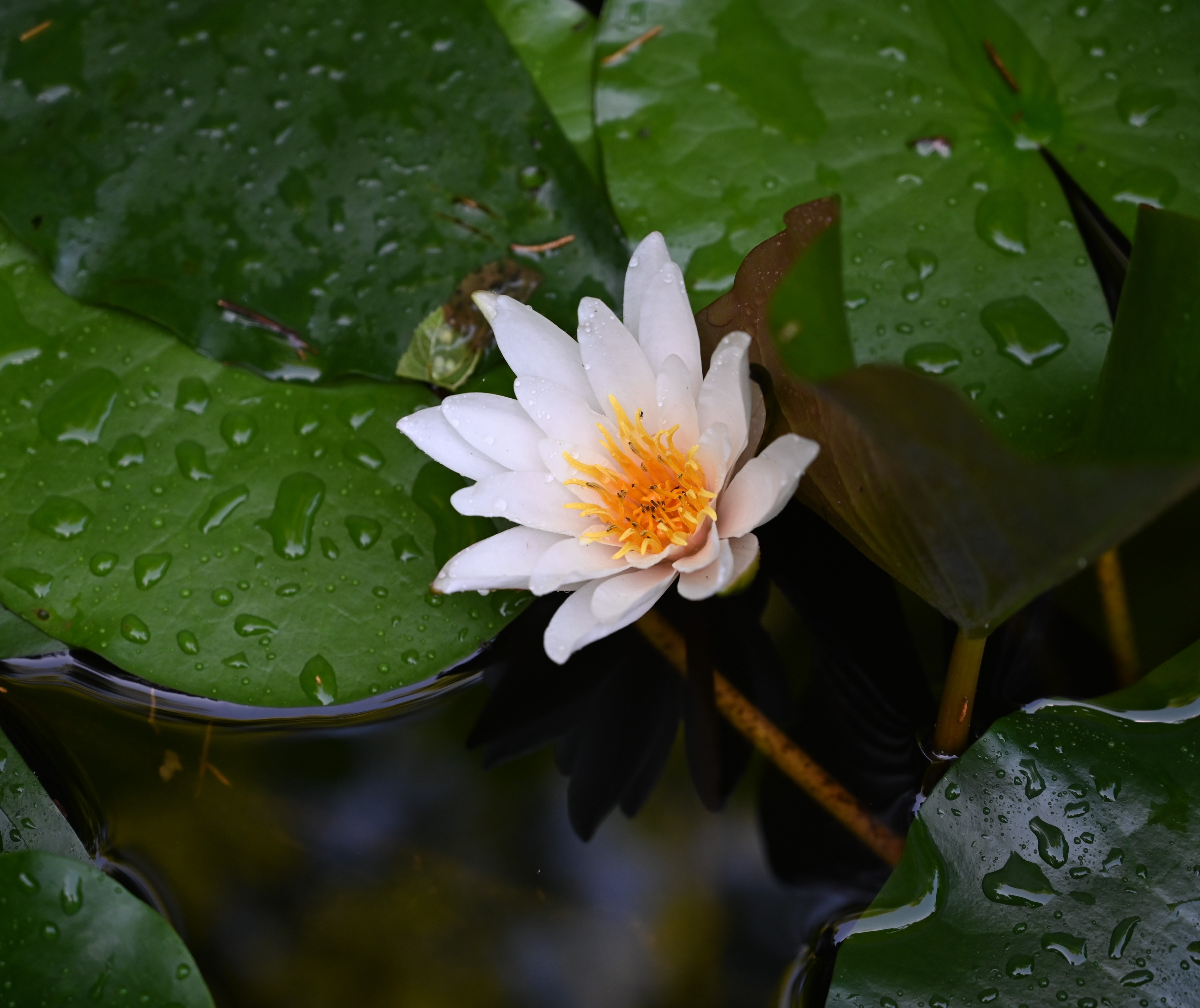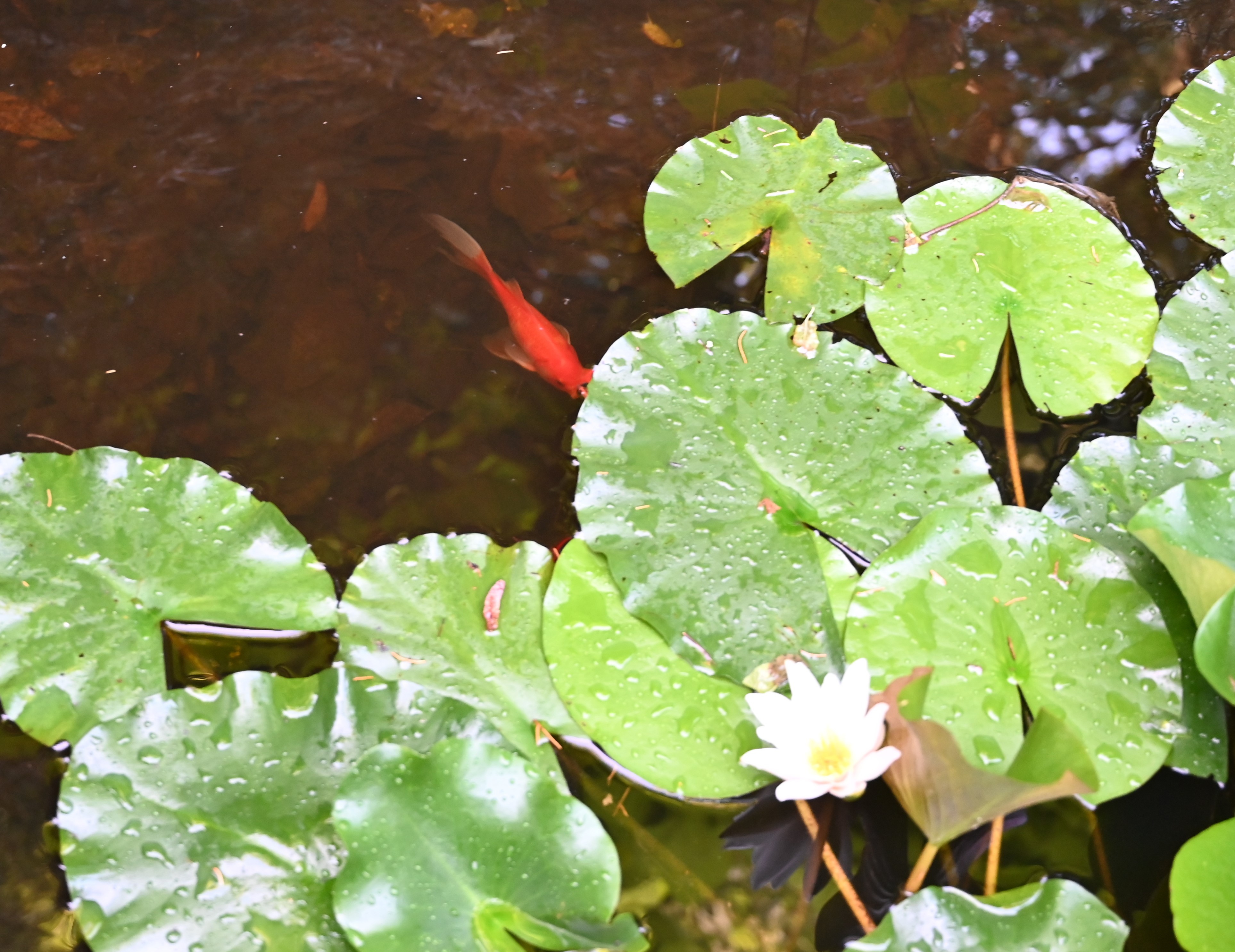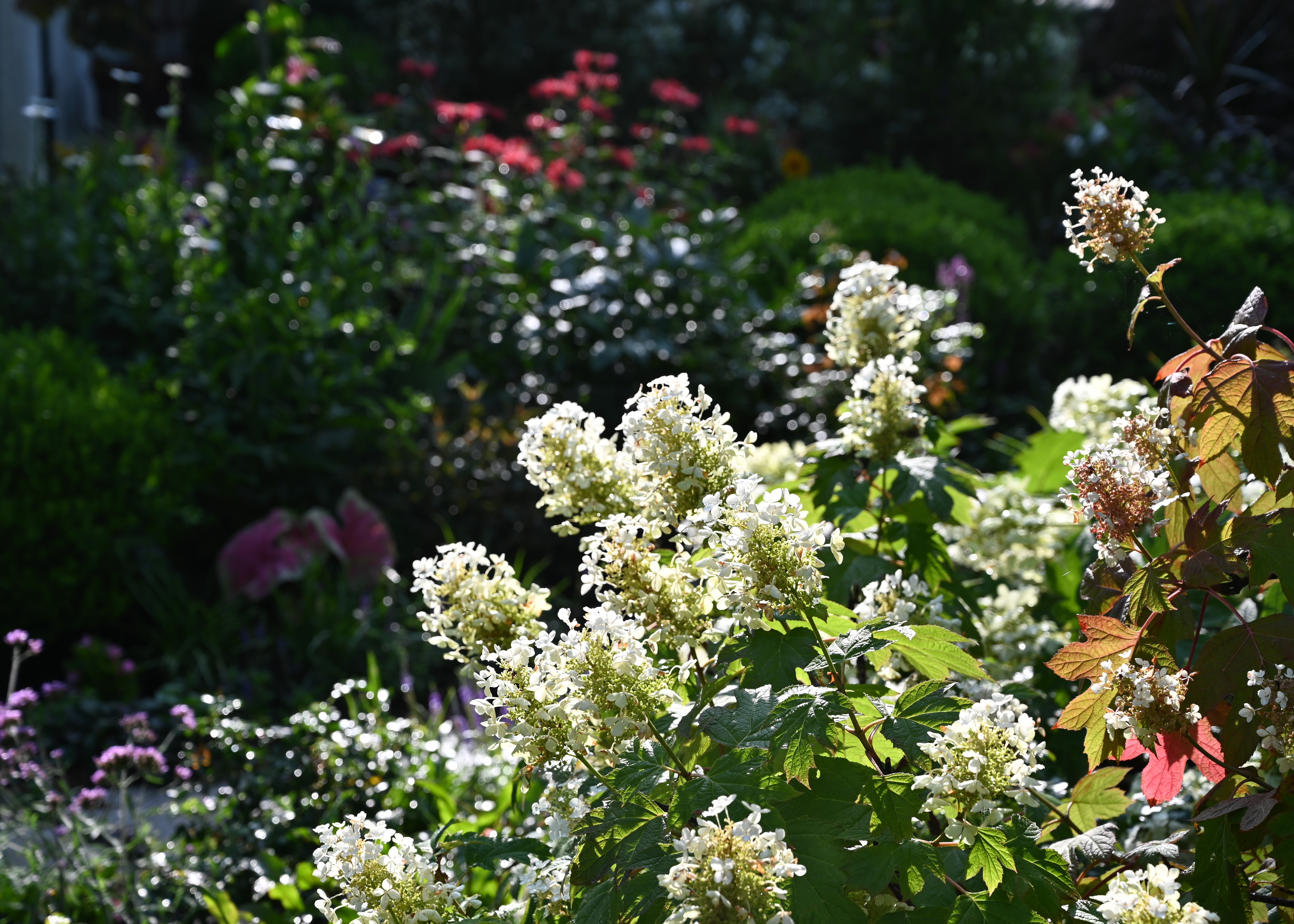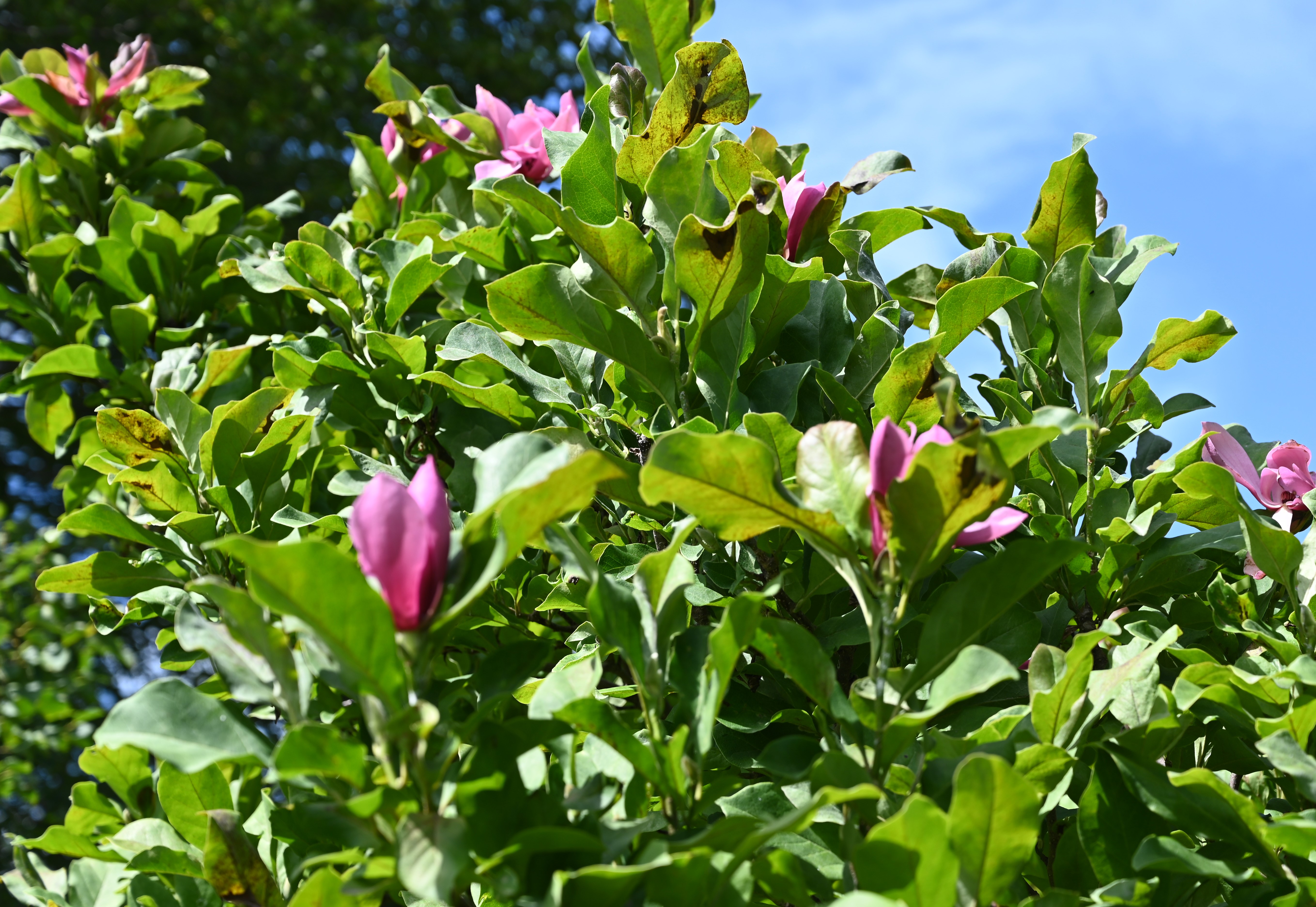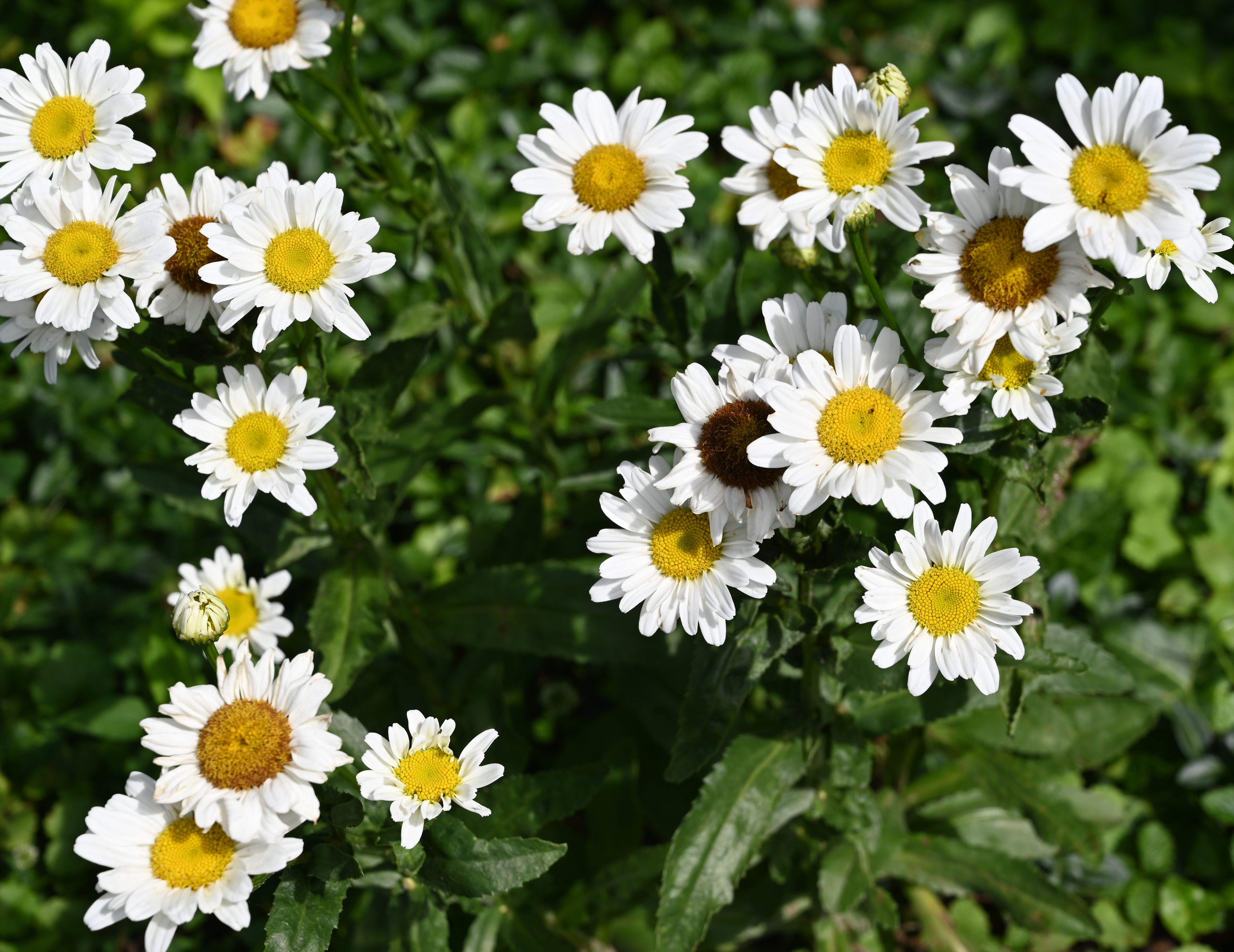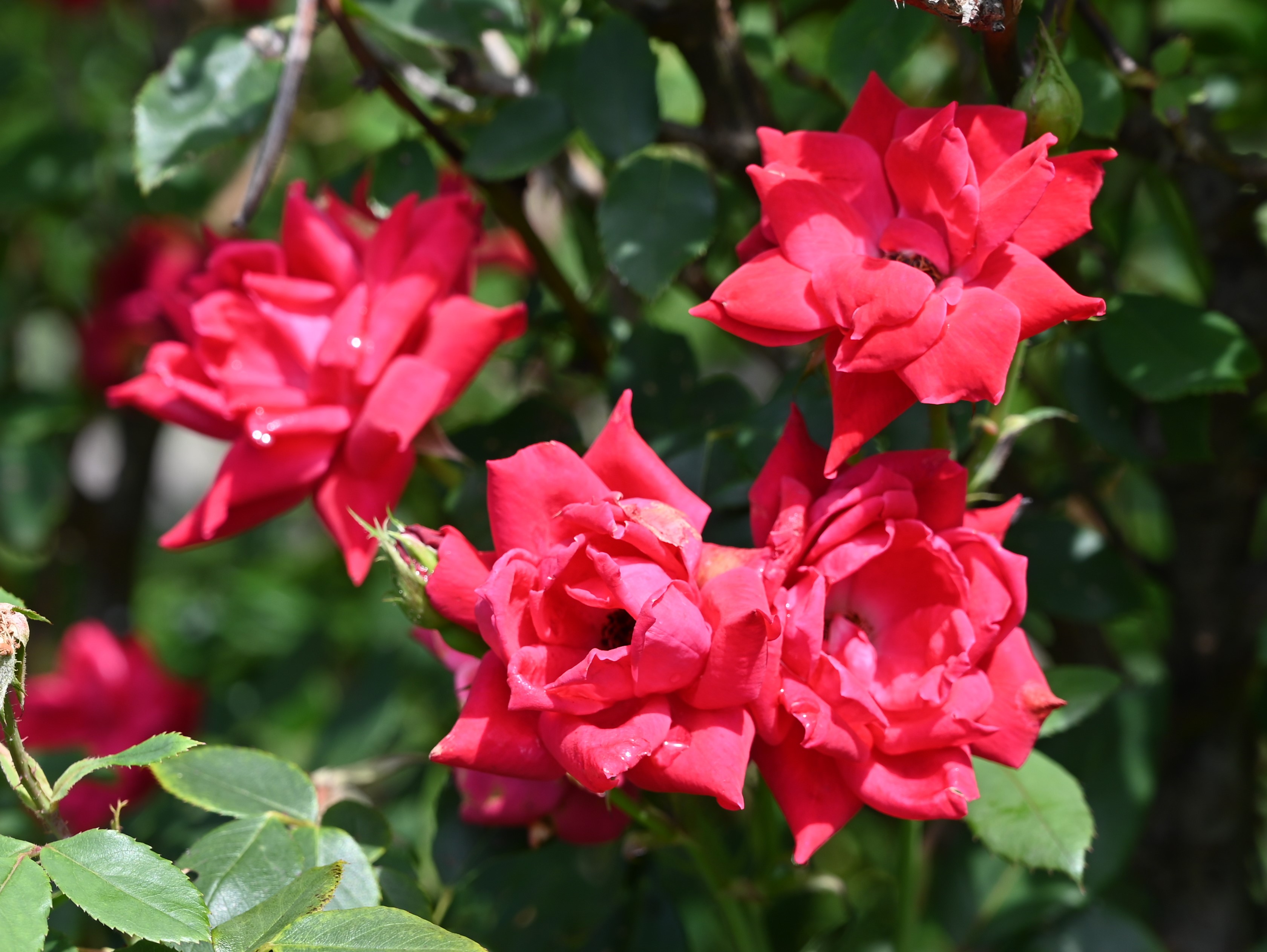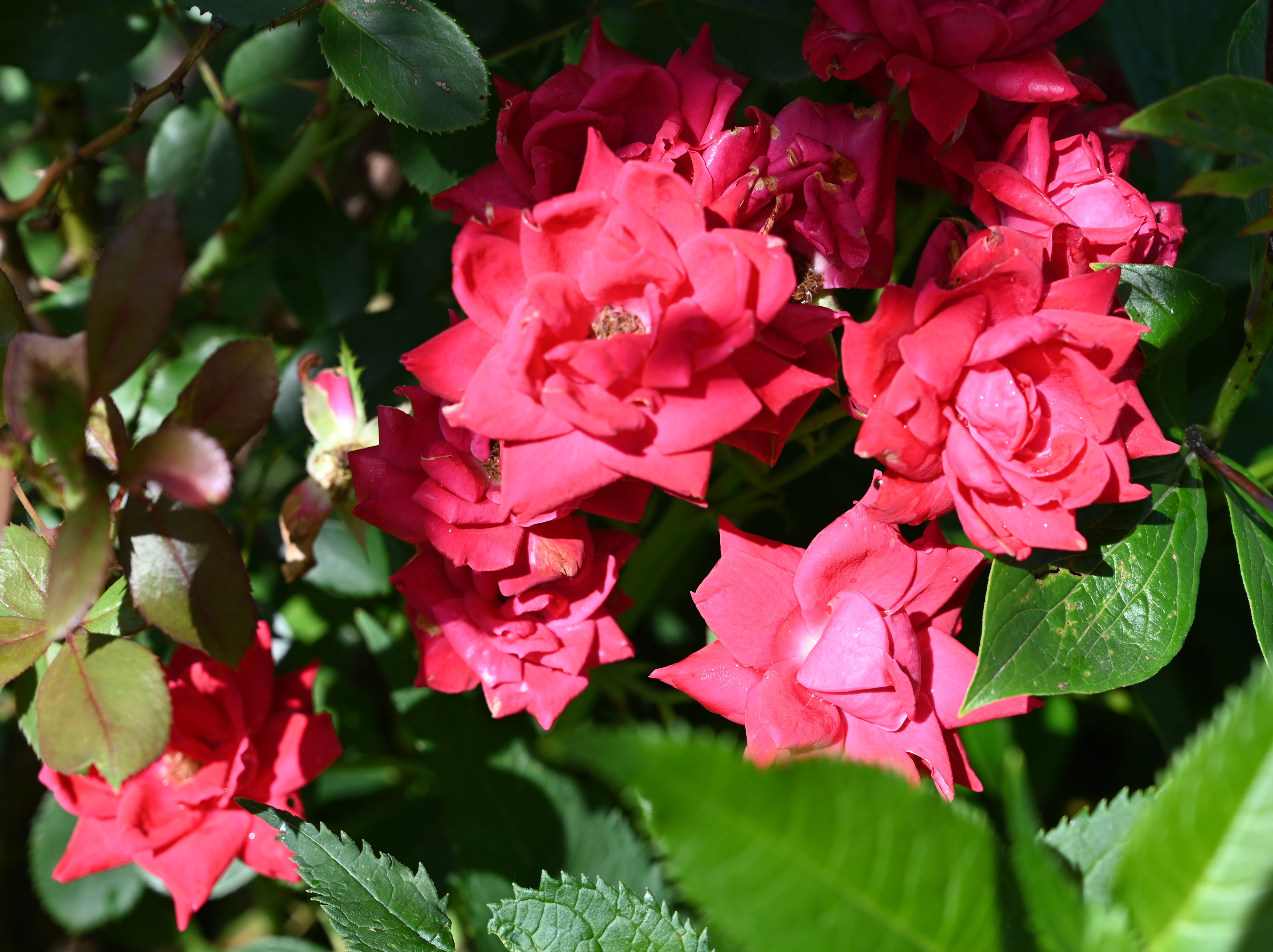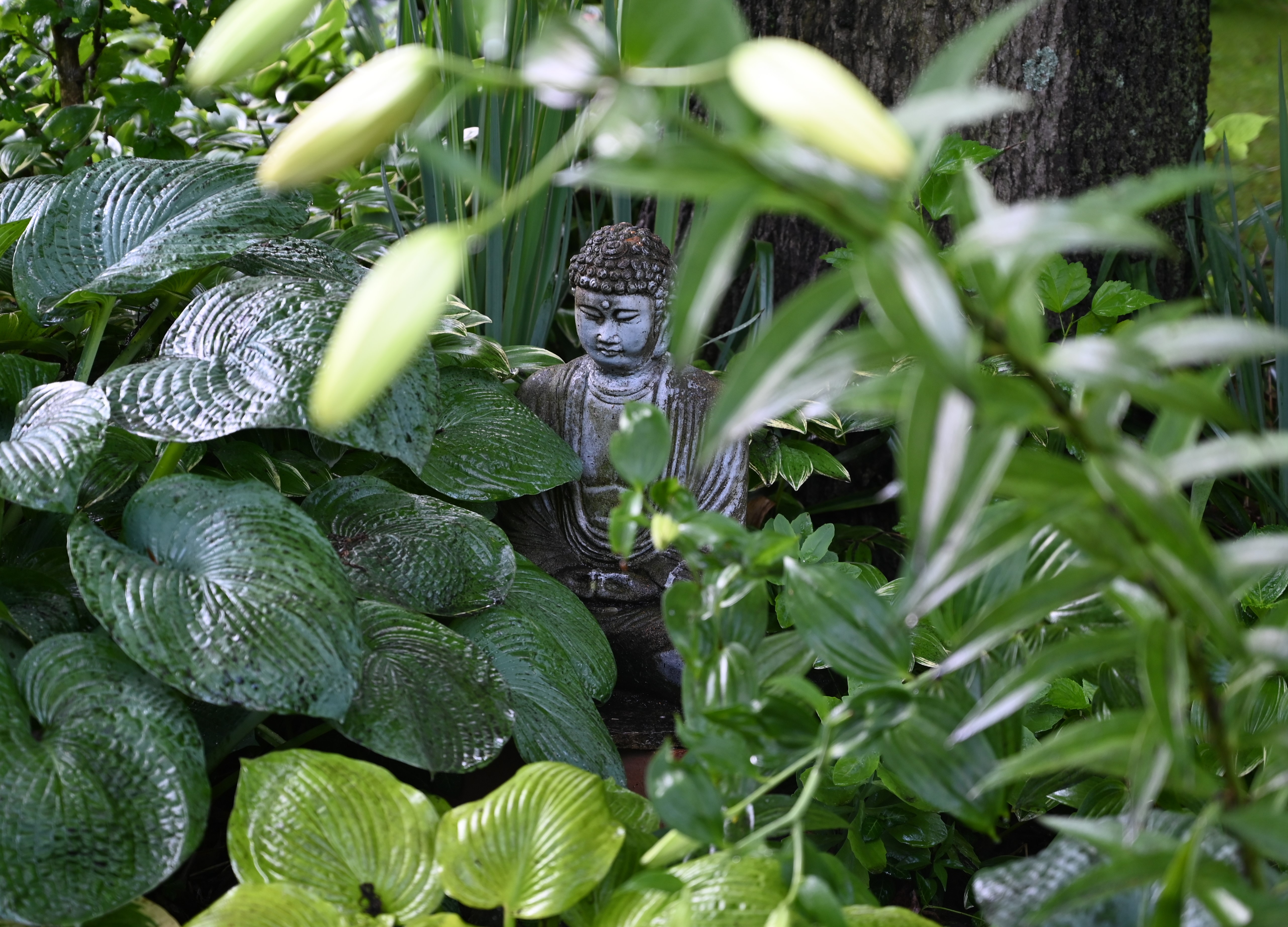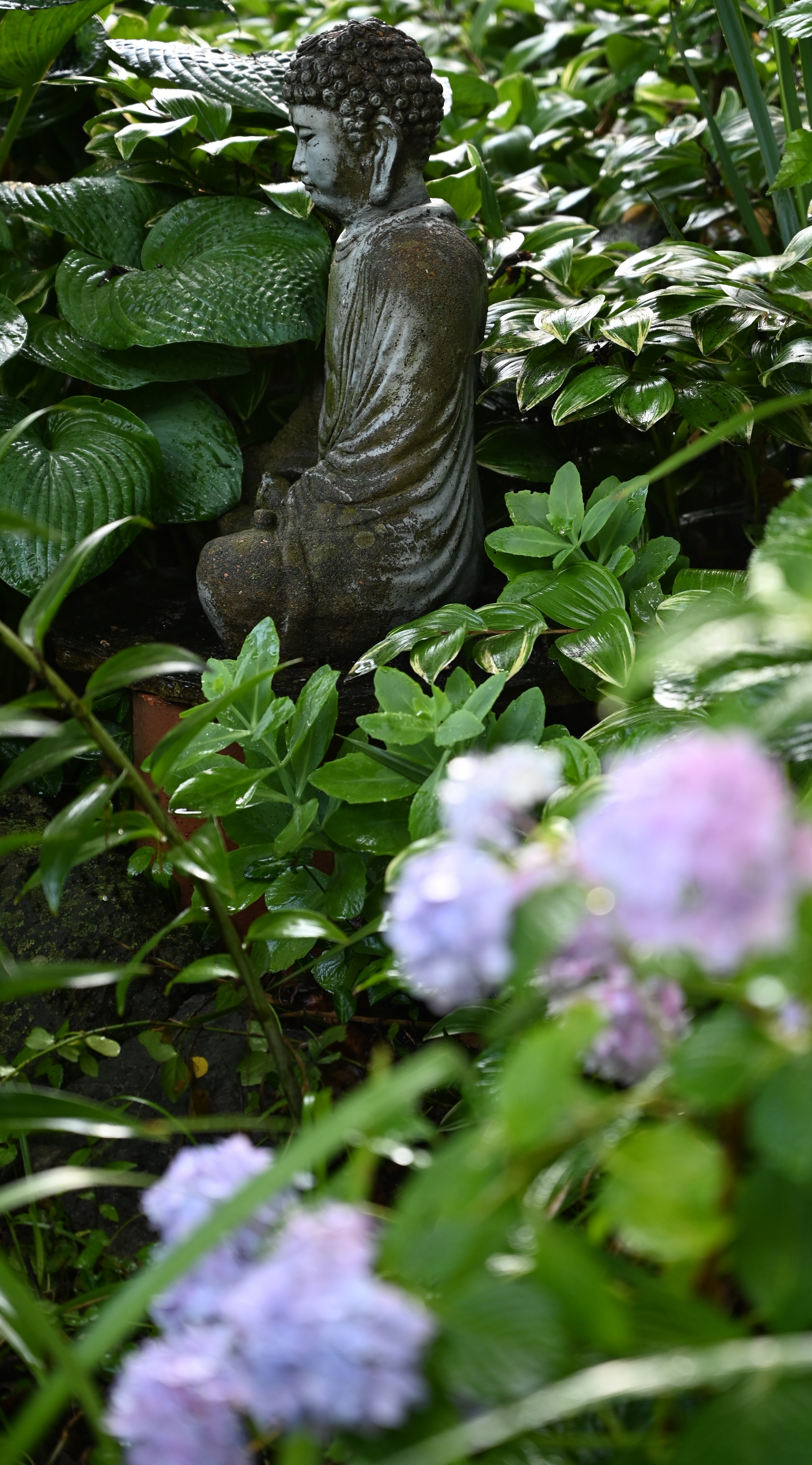The Buddha said that we shed an ocean of tears. He said that sufferings (duk-kha, wrong-going) come from desire. Desire is one of the Triple Poisons of karma (action, habit, heredity). The solution to suffering lies in stilling desire, essentially the Triple Poisons, eventually karma, fundamentally driven by survival instinct.
He said that all living beings are karma-heirs, -owners, -machines, -refuged. Cultivation (bhāvanā) is reorientation of karmic becoming (bhava). The first and foremost step is stilling karma, practically, sitting still, which stills physical, verbal, and mental karma, which ultimately leads to nirvana (no wind, of karma).
Nirvana, unconditioned peace, is stilling all karma, where one can awaken to the unconditioned state and prognosticate the unconditioned way from the Triple Poisons, karma and karmic world, which endows the Five Blisses of awakening, freedom, equality, friendship, and peace, i.e., amrita, ambrosia of immortality.
Cultivation endows and enhances the culture of truth, goodness, beauty, and holiness, entailing sciences, ethics, moralities, arts, and religions. They are mutually related and responsive. Cultivation includes learning, education, training, etc., and engenders evolution and ecology in societies and histories, space and time.
June 27, 2021 C.E. Dharma note
Note 1. The Four Holy Truths tells of suffering, its cause, its solution, and the way leading to the solution.
- The Triple Poisons are desire, divisiveness, and delusion (of the self-same, self-sovereign self), wherefrom the former two derive.
- The Twelvefold Dependent Co-origination, called the Dharma of all dharmas, tells how our karma functions – karmic nescience (no knowledge of the Dharma, thus the delusion of the self) leads to karma (old/new physical/verbal/mental), causing the conjunction of the six sense organs/objects/consciousnessses, feelings, ideas, which are involved in becoming (birth/aging/death), resulting in suffering, called the Triple Paths or Steps.
- Bhāvanā (cultivation) is the causative of bhava (becoming), which is the process of intentional reorientation of unintentional (unconscious/natural) becoming/behaving such as sitting still, stilling all karma against usual/ordinary movements, which are innate/natural to animals (“moving things,” 動物, in Japanese, cp. “still things, 静物), which alone can lead to nirvana.
仏陀は私たちが大海の涙を流したと言いました。彼は苦(duk-kha、逆行:思い通りにならぬ事)は欲から来ると言いました。欲は業(行動、習慣、遺伝)の三毒の一つです。苦の解決は欲を静めることですが、本質的には三毒を、結局は、根本的に生き残り本能に駆られた、業を静めることです。
彼は一切の生物は業-相続者、 -保持者、 -機械、 -依拠者であると言いました。修行(bhāvanā、修養)は業の生成(bhava)を向け変えすることです。最初で最大の一歩は業を静めることですが、実際には静かに坐ることで、これは身口意の業を静め、これは究極的に涅槃(無風、業風の)に導きます。
(業に)条件付けられない平安である涅槃は一切の業を静めますが、そこで人は三毒、業と業世界、に条件付けられない状態に覚醒し、条件付けられない方法で(物事の)診断・処方が出来ます。これは覚醒・自由・平等・友愛、平和の五福、即ち不死の神撰である甘露、を恵んでくれます。
修行(修養)は真善美聖の文化を恵み強化しますが、これは諸科学、倫理、道徳、芸術や宗教を生みます。これらは相互に関係し反応し合います。修行(修養)は学習、教育、訓練などを含みますが、社会と歴史、所と時に新化を育成します。
2021共通年6月27日 法記
註1.四聖諦は苦、その原因、その解決、解決へ導く方途を述べています。
2.三毒は貪、瞋と(自己同一、自己主宰の自己という)痴ですが、これは前二者の元です。
3.諸法の法と言われる十二支縁起(因縁生起)は私たちの業がどのように機能するかを述べています―業の無明(法の無知、それによる自我の痴が新旧の身口意)業に導き、六感覚器官・感覚対象・感覚意識の和合(同時相互発生)、感覚、観念を起こし、これが(生・老・死の)生成(輪廻)に巻き込まれることになり、苦に結果しますが、これは(惑業苦:わくごっくの)三道・段階と呼ばれます。
4.Bhāvanā (修行・修養) は bhava (生成)の使役形ですが、これは意図しない(無意識・自然な)生成・行為の意図的向け変えの過程で、静坐、アニマル(日本語では動物、静物と対比)にとっては生来・自然なものである、通常・普通の行動に反して業を静める、といったものです。
The above pictures were taken and sent by
Rev. Erin Daiho, our member and editor, living in Washington State.
上の写真は私達の会員であり編集者である
ワシントン州在住の大法恵林師が撮影し送ってくれたものです。

